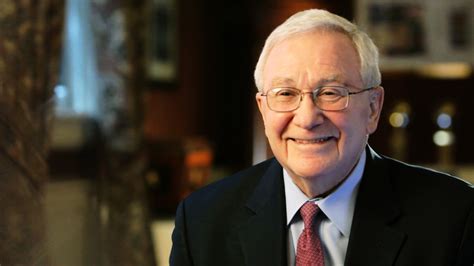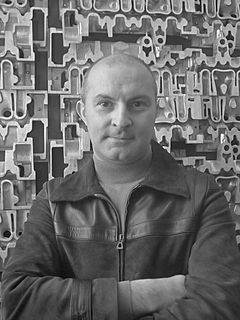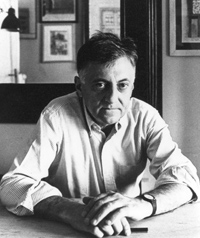A Quote by Paul Theroux
Pain does not create a long-lasting memory, but the memory of luxury exerts itself for ever.
Related Quotes
But pain may be a gift to us. Remember, after all, that pain is one of the ways we register in memory the things that vanish, that are taken away. We fix them in our minds forever by yearning, by pain, by crying out. Pain, the pain that seems unbearable at the time, is memory's first imprinting step, the cornerstone of the temple we erect inside us in memory of the dead. Pain is part of memory, and memory is a God-given gift.
Memory is corrupted and ruined by a crowd of memories. If I am going to have a true memory, there are a thousand things that must first be forgotten. Memory is not fully itself when it reaches only into the past. A memory that is not alive to the present does not remember the here and now, does not remember its true identity, is not memory at all. He who remembers nothing but facts and past events, and is never brought back into the present, is a victim of amnesia.
We no longer see the evolution of the nervous system, but that of a certain individual. The role of the memory is very important but... not as important as we believe. Most of the important things that we do don't depend on memory. To hear, to see, to touch, to feel happiness and pain; these are functions which are independent of memory; it is an a priori thing. Thus, for me, what memory does is to modify that a priori thing, and this it does in a very profound way.
Stress does not cause pain, but it can exacerbate it and make it worse. Much of chronic pain is 'remembered' pain. It's the constant firing of brain cells leading to a memory of pain that lasts, even though the bodily symptoms causing the pain are no longer there. The pain is residing because of the neurological connections in the brain itself.
I'm still willing to continue living with the burden of this memory. Even though this is a painful memory, even though this memory makes my heart ache. Sometimes I almost want to ask God to let me forget this memory. But as long as I try to be strong and not run away, doing my best, there will finally be someday...there will be finally be someday I can overcome this painful memory. I believe I can. I believe I can do it. There is no memory that can be forgotten, there is not that kind of memory. Always in my heart.
Memory is a dead thing. Memory is not truth and cannot ever be, because truth is always alive, truth is life; memory is persistence of that which is no more. It is living in ghost world, but it contains us, it is our prison. In fact it is us. Memory creates the knot, the complex called the I and the ego
We're all just a bundle of habits shaped by our memories. And to the extent that we control our lives, we do so by gradually altering those habits, which is to say the networks of our memory. No lasting joke, or invention, or insight, or work of art was ever produced by an external memory. Not yet, at least.
Time doesn't exist. It doesn't exist in any way. It's more subjective than real. Time doesn't exist. I believe in memory. Memory is the real inspiration. Memory creates time. Memory is pure power. Pure power and pure strength, and pure utilization of space and time (if time is something we can really ever label). But I don't believe in time itself.






































